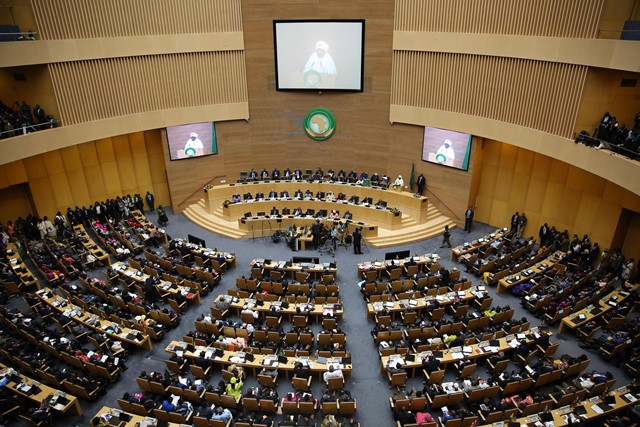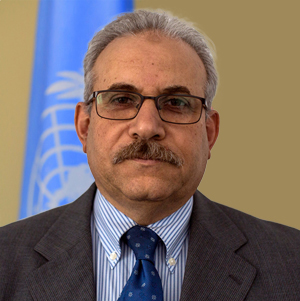By Saber Ayyub.
Tripoli, 31 January 2016:
Salah Makhzoum, still officially the second deputy president of the General National Congress, has drawn up . . .[restrict]the list of members of the General National Congress to join the State Council, the second chamber planned under the UN-mediated Libyan Political Agreement (LPA). The list includes GNC president Nuri Abu Sahmain and deputy president Awad Abdul Sadeq .
The announcement was made in a letter from Makhzoum to the GNC’s oldest member, Abdurrahman Al-Shater.
The list is likely to end up being challenegd in the Libyan courts.
Firstly, under the agreement, the selection is supposed to be done by the GNC’s presidency. This should mean Nuri Abu Sahmain, but he and Abdul Sadeq are vehemently opposed to the LPA – which is why Makhzoum, who supports it, has stepped in.
Abdul Sadeq has already said that he plans to sue Makhzoum for signing the LPA on the basis that he was chosen by the GNC to head its team to the Libya Dialogue talks after Makhzoum had resigned. He is, however, on thin ground because participation in the Libya Dialogue is solely at the invitation of the UN Special Envoy – and the current envoy Martin Kobler invited Makhzoum to rejoin the proceedings.
The second reason for anticipating battles over the Council’s composition is that the wording in the LPA as to its composition presents a legal minefield.
It says:
The State Council shall comprise one hundred and forty five (145) members who were elected during the General National Congress elections on 7 July 2012 as per the following:
One hundred and thirty four (134) male and female members of the General National Congress who enjoy sound membership at the signing this Agreement. The Presidency of the General National Congress shall submit a list containing the names of those members.
Eleven (11) male and female members shall be completed based on the lists of the General National Congress elections dated 7 July 2012. The General National Congress shall address the High National Electoral Commission in this regard, while taking into consideration the fair representation of the electoral constituencies.
Sub clause No. 2, on selecting 11 of the 145 participants, was intended to ensure that a number of members of the GNC who had resigned since it began would join the State Council – people such as Sharif Al-Wafi and former deputy president Ezzidden Al-Awami.
The wording of sub clause No. 1, however, is anything but straightforward. It implies that only those who were elected to membership of the GNC on 7 July 2012 and who were still members at the time of the signing of the LPA at Skhirat in December would be eligible. But there are not 134 members still in the GNC who were elected in 2012. It is thought that there are around 100 or less. Some 90 quit on the basis that the GNC “expired” in Feburary 2014 or later, with the elections to the House of Represenatives. A smaller number also quit for personal or other political reasons, such as Misrata’s very different Hassan Al-Amin or Salah Badi.
Most, but not all, have been replaced, mainly by those who came next on the list in the 2012 ballot.
However, when the clause was negotiated by former special envoy Bernardino Leon, the intention was to ensure that the GNC agreed to it. On the GNC side at the time, it was taken to mean that all its members at the time of the signing who took part in the 2012 elections would be eleigible.
As one diplomat involved in the Skhirat negotiations put it, the clause was one of deliberate “constructive ambiguity”.
[/restrict]







